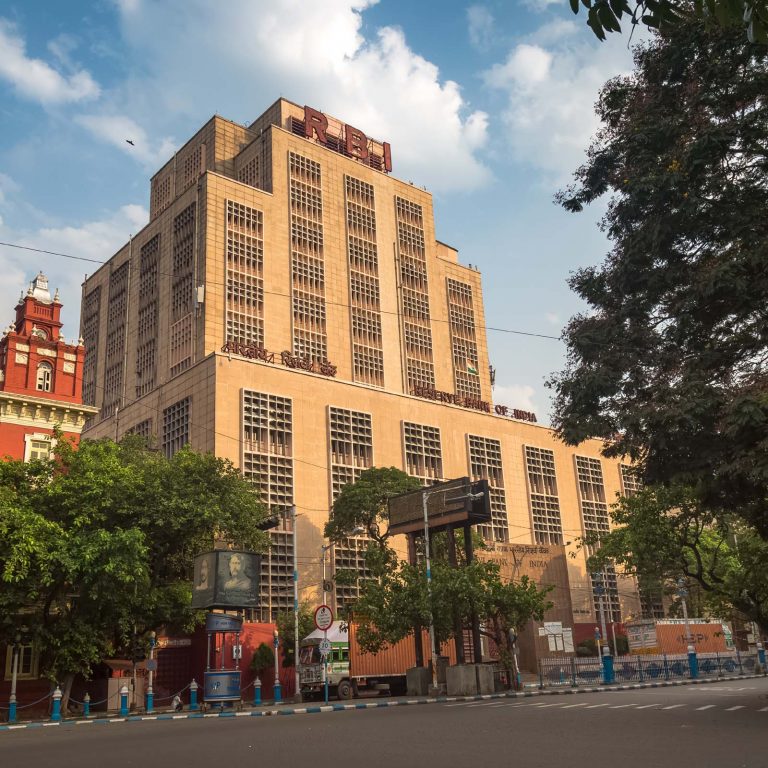2018-10-25 02:41 |
Michelle Bullock, the assistant governor of the Reserve Bank of Australia, has recently affirmed at the Swift International Banking Operations Seminar that the country will hardly need a central reserve bank for the digital currency, as the current systems already work well enough.
According to her, the reserve bank is not interested in having a digitized version for domestic use simply because there is no reason to do it.
However, she has pointed out that the central bank could use digital currencies in a very limited role. She believes that the fintech would “bear the burden” of proving the advantages of digital money because the issue is not that the country does not have an open mind but that it simply has no problem to be solved with digital money.
This way, the industry has to provide actually solid use cases if it intends to convince the bank that it should use cryptos or any kind of digital asset. This is actually a very common complaint in the market as a lot of the people in the industry are questioning whether the blockchain is a pure buzz or if it actually is useful.
The main point stated by Bullock is that cryptos and other digital coins are simply too slow. They may claim to be fast but the truth is that they are not. With the issues caused by the crash of the Bitcoin bubble, the Australian bank has lost some of its faith in cryptos.
Some people in the crypto industry argue that using the blockchain tech on a central bank could be used to allow reserve banks to run negative interest rates and overcome the zero lower bound issue which is experienced when interest rates are diminishing, but that theory has yet to be proven.
Bullock goes against this idea and she affirms that while the theory actually works, this could complicate even more the problems of the bank and cause additional issues, she defends, so it is not as if the technology could provide a safe haven for the bank in times of trouble. She defends that it would the liquidity of the out of the system and make the whole process more difficult to manage.
As people hoard cash in a crisis, they would act in a similar manner while the banks used this system and this would affect the liquidity of the banks a lot. Because of this, many unforeseeable issues could be created because of this plans and this would only harm the banks.
She has also affirmed that she does “see the point” in many of these innovations as they just seem like overly complex ways to do things that could be done in a more easy way before without even needing to use this kind of technology at all.
Many banks across the world are exploring the idea, though, like in Thailand where the Project Inthanon initiative is basically following this idea. Some countries like Norway and Sweden are currently also considering the idea as they are having a low cash usage level, too.
Some private banks like Citi, Manish Kohli and others have said that central banks have said that central will not need to adopt these technologies, though, as better alternatives will normally appear after some time as the whole world is quickly developing new alternatives.
The CEO of Digital Asset, BlytheMasters, has affirmed that the company is building a distributed ledger for Australia to replace the current CHESS system that it is used in stocks and in the equity markets. He believes that while it is an oversimplification to say that digital fiat currency is the answer, it would be highly efficient and have a high speed.
Who is right in this debate? It is hard to say. The blockchain might be full of potential but it is also full of issues that are currently plaguing it like all the scaling issues that we see. Because of this, only time will tell whether this technology will actually be successful or not.
origin »Bitcoin price in Telegram @btc_price_every_hour
Global Currency Reserve (GCR) на Currencies.ru
|
|



